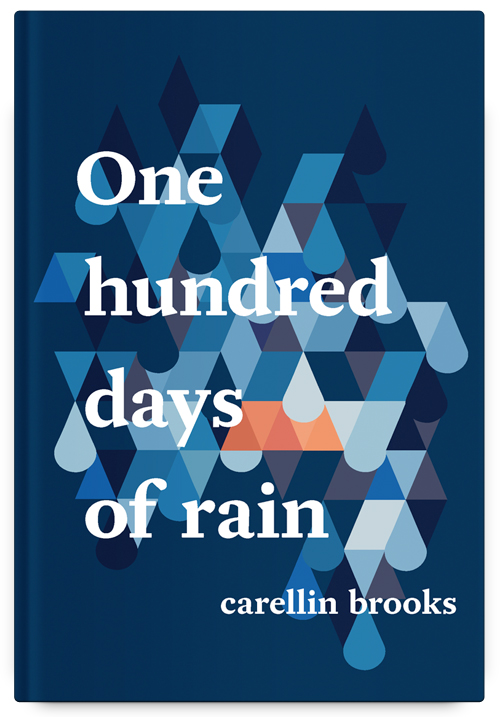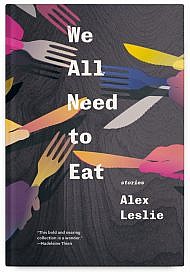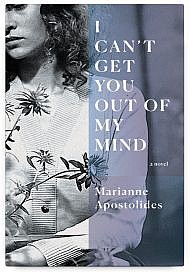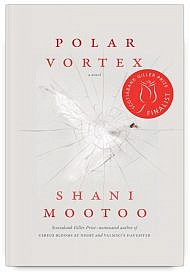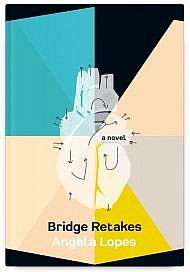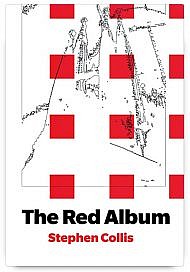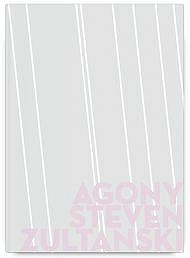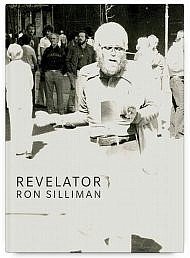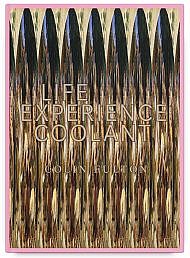Save 25% off all in-stock poetry books from April 17-30, 2025. Use discount code NPM25 at checkout to save.
*Sale excludes forthcoming releases and already discounted subscription packages.
Did she say, at the beginning, that it rained every day? She was wrong. She misspoke. She didn’t mean it…. No. It did not rain every day. But it rained for a hundred days, that year, which was enough—more than enough, even.
In prose by turns haunting and crystalline, One Hundred Days of Rain enumerates an unnamed narrator’s encounters with that most quotidian of subjects: rain. Mourning her recent disastrous breakup, the narrator must rebuild a life from the bottom up. As she wakes each day to encounter Vancouver’s sky and city streets, the narrator notices that the rain, so apparently unchanging, is in fact kaleidoscopic. Her melancholic mood alike undergoes subtle variations that sometimes echo, sometimes contrast with her surroundings. Caught between the two poles of weather and mood, the narrator is not alone: whether riding the bus with her small child, searching for an apartment to rent, or merely calculating out the cost of meager lunches, the world forever intrudes, as both a comfort and a torment.
With elliptical prose reminiscent of Elizabeth Smart’s beloved novel By Grand Central Station I Sat Down and Wept, One Hundred Days of Rain exposes the inner workings of a life that has come apart. Readers will engage with Brooks’s poetic and playful constraint that unfolds chapter by chapter, where the narrator’s compulsive cataloguing of rain’s vicissitudes forms a kind of quiet meditation: an acknowledgement of the ongoing weight of sadness, the texture of it, and its composition—not only emotional weight, but also the weight of all the stupid little things a person deals with when they’re rebuilding a life.
Watch the Book*hug Author Interview:
Watch the Book Launch and Reading:
Praise for One Hundred Days of Rain:
“A quiet and meditative book that reads like a mystery: How do we find ourselves—sometimes simultaneously—moving both toward and away from the things that matter to us most?” —Johanna Skibsrud, 2010 Scotiabank Giller Prize Winner for The Sentimentalists
“Is there a worse city in which to suffer a vindictive, litigated break up than unrelentingly sodden Vancouver? In these one hundred intimate chapters, Carellin Brooks has convinced me no. Her forbearing heroine bikes through torrents, dodges puddles, keeps moving through bitterness and weather. Nobody, not even the rain, has such nerve.” —Caroline Adderson, author of Ellen in Pieces
“Carellin Brooks’ marvellous and brooding novel, sparking after yet another downpour, offers a natural history of rain and breakups. Just as snow-bound cultures have numerous words for different kinds of snow, so the Vancouverite requires many words and varied descriptions for rain. The exquisite descriptions of internal and external tensions are what capture here, what pierce and press the reader forward, j-walking through the tumbling language of rain, dodging in and out of the doorways of these short, sharp, shocked chapters. Carellin Brooks offers a loud and persistent rejoinder to the idea of “the pathetic fallacy”: the internal and external do coalesce, and they do so at the apex of the most precise and revealing sentences I have read in years.” —Stephen Collis, poet and novelist
Press Coverage:
49th Shelf Most Anticipated Spring 2015 Fiction Selection —49th Shelf
Vancouver author wins LGBT book prize for One Hundred Days of Rain —CBC Books
“A memorably profound and stylish portrait of love’s complications.” —Publishers Weekly
“One hundred days of rain in all possible variety (this is Vancouver), side by side with equally subtle shifts in mood described in sparse, poetic prose. It’s heavy material but, as with poetry, rewards contemplative reading in quick breaks.” —Jade Colbert for The Globe and Mail
“Brooks describes a world either lost in or entirely made of rain. It’s in these flashes of insight where she gets closest to revealing something essential: all this rain is simply the water we’re all swimming in, whether or not we really notice it.” —David Berry, National Post
“The miracle of the novel is that Brooks never runs out of original and startling ways to describe precipitation. The consistently riveting and beautiful descriptions of weather stand as testament to Brooks’ rare talent.”—Angie Abdou, Quill & Quire
“That the world comes down on us if we make art of it or not is true. Rain as the agent of how much is beyond our control, thus this book opens into such questions as how to fully inhabit both loss and beauty and how to let the natural world save you. Brooks doesn’t profess; she asks and observes.” —Lambda Literary Review
“It is the young woman’s anger and cynicism that keeps her afloat in her oppressed and watery world. Rain has become her adversary and, as such, keeps her focused and makes possible her, albeit shaky, survival.” —M.A.C. Farrant, The Vancouver Sun
“A truly snackable book… set in Vancouver, rain’s epicentre, and the author uses the many forms of daily precipitation to mirror her deftly wrought tale of stress, heartache and rebirth.” —Toronto Star
“Like the many faces of rain in the novel, Brooks’ writing is varied and unusual and sometimes unpredictable (And yet always the same: Incredible!)” —Nicole Brewer, (parenthetical)
“In 100 brief and rain-drenched chapters, Brooks maps the painful distance from hope (romantic whispers of future anniversaries) to despair (police sirens, lawyers, court dates, loneliness). Between the two states, there’s lots of introspection pursuing the age-old question: ‘How did things go so very wrong?’ —Brett Josef Grubisic, Daily Xtra
“The rain, in its infinite guises, stubborn ubiquity, tireless assault on the bodies and minds of the city’s inhabitants, is the central character. It has the starring role.” —roughghosts
“Brooks’ style is evocative and contemplative…” —subTerrain Magazine
“A story of struggle and resilience. It’s a tale of one woman’s journey to find her way after losing so much, to make a place in this world for her and her son.” —Worn Pages and Ink
Carellin Brooks takes the Proust Questionnaire —Open Book Toronto
CARELLIN BROOKS is the author of the poetry collection, Learned, and One Hundred Days of Rain, which won the 2016 ReLit Award for Fiction and the 2016 Edmund White Award for Debut LGBT+ Fiction, and was published in French by Les Allusifs. She is also the author of Fresh Hell, Every Inch a Woman, and Wreck Beach. Brooks lives in Vancouver and is a lecturer at the University of British Columbia.

